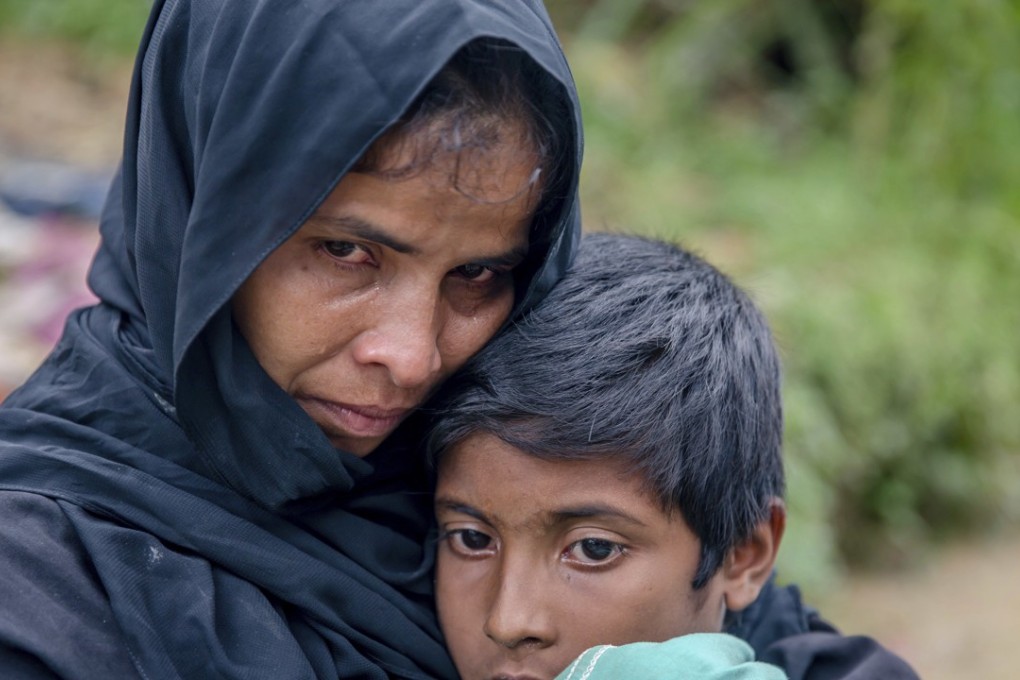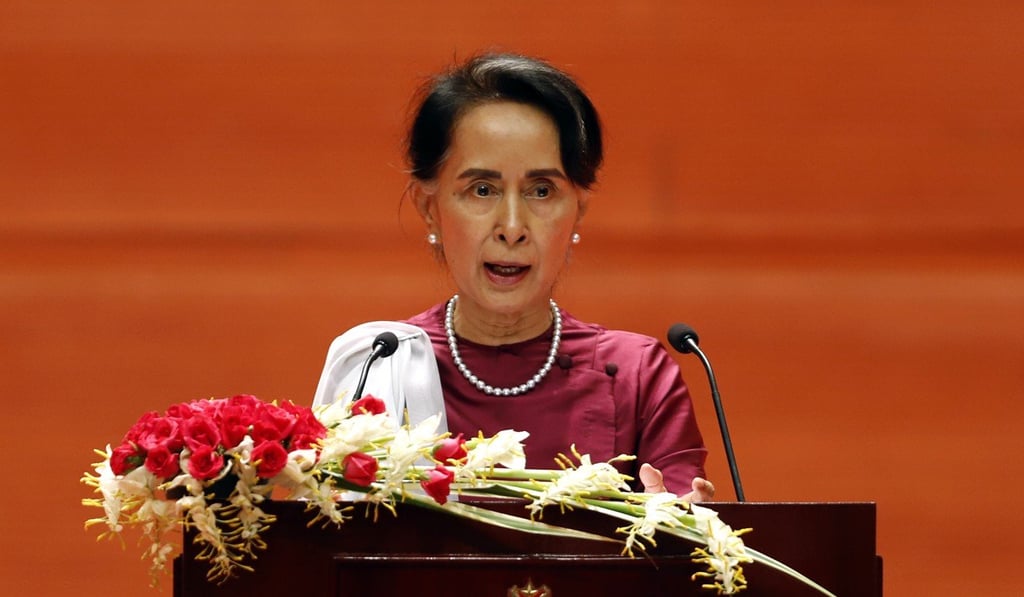How greed, money and power are fuelling the Rohingya’s suffering in Myanmar
Daniel Wagner says that the drive to exploit oil and gas resources in Rakhine State, led by Myanmar’s military and enabled by foreign clients, is the real reason behind the push to purge the country’s Rohingya population

Left unsaid, however, is why the government is pursuing this policy, and the role of other nations in creating an atmosphere conducive to the crackdown. In short, it is a tale of greed, money and power.
The roots of the violence in Rakhine are multifaceted and rooted in British colonial officials’ failure to include the word “Rohingya” in censuses taken of the then-British colony, something subsequently used to falsely characterise the Rohingya as illegal immigrants from neighbouring regions, with no historical legitimacy in Myanmar.
That is, of course, not true, but thanks to the opening the British created, the former military regime and current democratically elected government have both denied the Rohingya full citizenship, strictly limiting basic freedoms of movement and suffrage.
